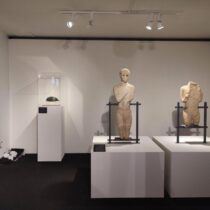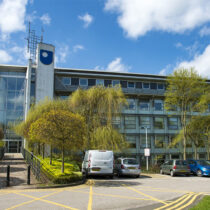Technology presents us with a challenge. We don’ t know exactly what use to make of it, unlike obsidian tools in the distant past or even recent engineering innovations. Having located urgent problems and having outlined nebulous concepts, it could be an exercise in meeting simple requirements. But there is a lot of reaction to this, partly because many concepts are new but mainly those with opportunity to use technology react against those who have none. If technology gets a bad name, it is only because we are not making good and wise use of it, in the direction of the desired social change. An example is the one-way system of TV as we know it, which is often a state monopoly, and with low-caliber content. Although we are in possession of two-way technology capable of providing citizens with access and also of accommodating local productions, interactive capability specifies a new man-machine relationship. Communications technology by its very nature expands and imposes itself, presenting a real danger both to national underprivileged minorities and underdeveloped nations. Development, on the other hand, implies connectivity. What is of importance now is to go ahead with planning, laying out and operating electronic interconnections so as to obtain feedback on the engineering alternatives, local needs, transborder and other legal aspects, funding possibilities and coordination with international bodies. The proposed Museum of the Mediterranean for Archaeology, Contemporary Arts and Adult Education is such a project
The challenge of technology
30 Jul 2012
by Archaeology Newsroom
- A
- A
- A


